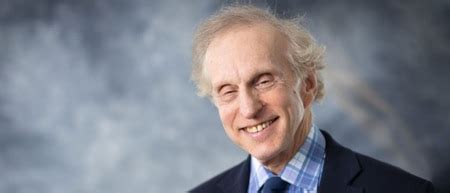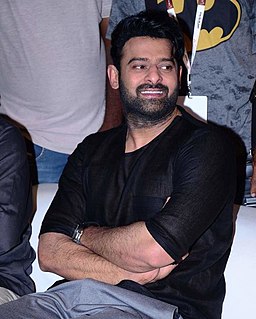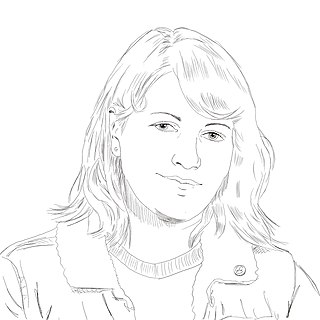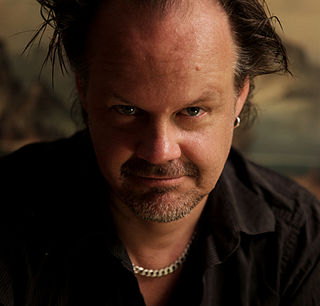A Quote by Bhushan Kumar
The universality of 'Saaho' is what appealed to me as a filmmaker.
Quote Topics
Related Quotes
We've been fighting our whole lives to say we're just human beings like everyone else. When we start separating ourselves in our work, that doesn't help the cause. I've heard it for years: 'How do you feel being a black filmmaker?' I'm not a black filmmaker, I'm a filmmaker. I'm a black man, I have black children. But I'm just a filmmaker.
The version of cosmopolitanism that I favor is exactly about balancing universality and difference. Many people who believe rightly in universality, want, wrongly, I think, to impose their vision of the world on others. They think not just that there are universal truths but that they already know what they are. And they don't think they have anything to learn, as a result, from others. They don't converse, they try to convert.
I was working on other things and I wanted to make a film, and I had some ideas brewing in my head. Brandy's [ Burre] circumstance was such that I didn't really know what was going to happen. That was obviously a surprise, but I knew she was in her mid-to-late thirties and she was starting to really think about her life in a way that really appealed to me, appealed to the women that I know in my life.
With filmmaking, I for so long was like, oh, I need permission to go out and be a director and be a filmmaker. And I read Robert Rodriguez's 'Rebel Without a Crew.' He just went out and did it, man. In his book, he even says just put your name on a business card and say you're a filmmaker. Congratulations, you're a filmmaker.


































